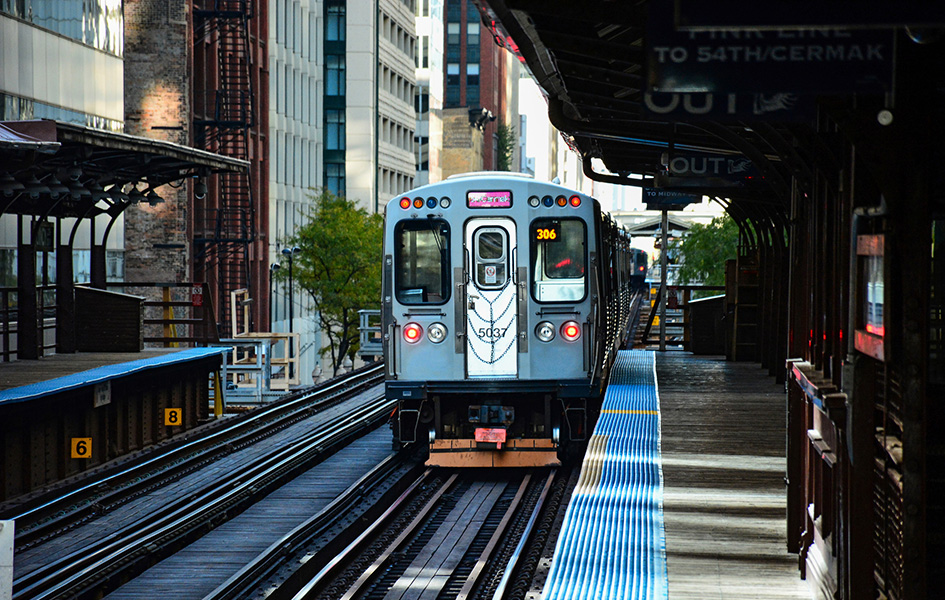Last week, the appellate court affirmed the dismissal of a wrongful death lawsuit that was filed against the Chicago Transit Authority (CTA) continuing a history of decisions with respect to moving trains presenting an “open and obvious danger.”
In Pryor v. Chicago Transit Authority, 2022 IL App (1st) 200895, a plaintiff alleged that a train operator “negligently and willfully and wantonly operated the train” that struck and killed her son when he walked from the platform onto the tracks as the train was approaching. The lawsuit also claimed that the driver failed to reduce the speed of the train in foggy conditions as it approached an elevated platform, although deposition testimony established that train operators are not required to slow down based on foggy weather conditions where visibility was normal.
In affirming the dismissal, the appellate court reasoned that the decedent was not a “passenger” to whom a duty is owed by the CTA. More importantly, the Court reasoned that the CTA train entering the station was an “open and obvious” danger, and the young man’s actions of walking onto the tracks as the train was approaching were not reasonably foreseeable. Generally speaking, there is not a requirement for a party to foresee and protect against potentially dangerous conditions that are open and obvious. Open and obvious conditions exist when the condition and risk are apparent and would be recognized by a reasonable person.
The Plaintiff further argued that the CTA owed Clark a duty under the “distraction exception” (where a duty may be imposed if there is a reason to expect a person’s attention might be distracted to a point where they do not recognize the obvious) or the “deliberate encounter exception” (when a defendant has reason to expect that a plaintiff will proceed to encounter the known or obvious condition, despite the danger because a reasonable person in their position would believe the advantage outweighed the risk). The Court found that pleadings and/or the video surveillance did not support the application of either exception. The Court’s recent decision in Pryor v. Chicago Transit Authority reaffirmed prior decisions that, absent limited exceptions, a moving train constitutes an “open and obvious danger” that alleviates the CTA of a duty of care to those who are not passengers on the train.
For more information about this article, contact Tressler attorney Jim Hess at jhess@tresslerllp.com.
